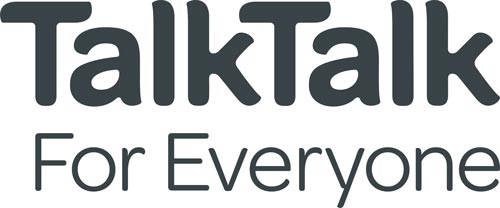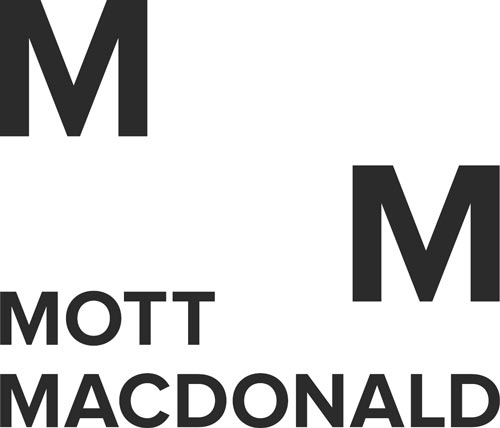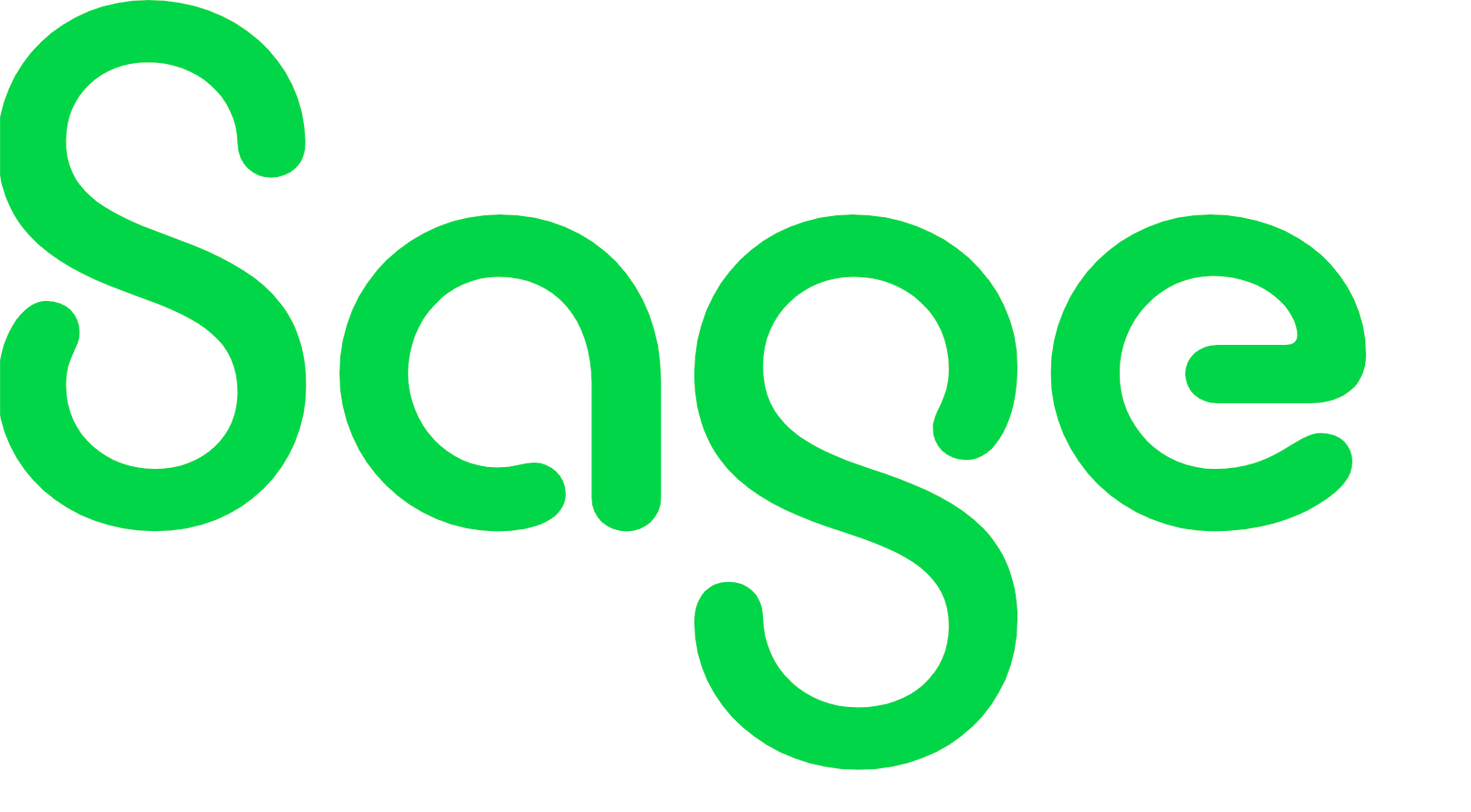Unfair school league tables fail to give accurate picture of pupil progress
11.11.20
Current DfE secondary school league tables are failing to give a fair picture of pupil progress by ignoring major considerations in pupil background, the Northern Powerhouse Partnership has claimed in light of the publication today of its second annual ‘Fairer Schools Index’.
The new Index draws on research undertaken at the University of Bristol and takes into account factors such as whether pupils are eligible for free school meals, long-term deprivation, ethnicity and gender, to give an adjusted Progress 8 score.
Using this adjusted measure, a fifth of schools saw their national league table position change by over 500 places and 46% of schools judged ‘well below average’ and ‘well below average’ under Progress 8 move up out of these bandings.
The high average Progress 8 score seen in London more than halves when pupil background is taken into account.
This is due in large part to these schools teaching high proportions of students from ethnic groups, who on average nationally make strong progress – which has been also highlighted by previous research by the Education Data Lab (Next steps for the Northern Powerhouse, 2019).
In contrast, the low average Progress 8 score seen in the North East improves substantially after adjustment.
Other dramatic changes are seen at grammar schools and faith schools where high Progress 8 scores reduce substantially and in contrast, pupil progress in sponsored academies improves strongly once the disadvantaged nature of their pupils is fully recognised.
The government’s preferred Progress 8 measure effectively punishes schools teaching high proportions of disadvantaged pupils. According to the Fair Secondary School Index, the North’s most improved school is Carleton High in Pontefract, which is now amongst the highest-performing group of schools in England for pupil progress.
This school has been identified by previous research as being in the group of schools with the highest significant proportion of long-term disadvantaged children from ethnic groups which on average perform worst by the Education Data Lab.
Two-thirds of secondary schools teaching concentrations of long-term disadvantaged pupils in the country which make the slowest educational progress are in the North.
There have been concerns that many teaching staff are put off from teaching at schools judged to be low performing according to the government including Ofsted.
As such, analysts at the Northern Powerhouse Partnership believe Ofsted should be required to use the adjusted measures as part of the evidence used during school inspections. It is anticipated this could help attract and retaining the best teachers.
Sarah Mulholland, Head of Policy at the Northern Powerhouse Partnership, said:
“The index should be published alongside the current school league tables in order to give a fairer, more accurate picture of school performance by taking into account factors which have a huge impact on education attainment.
“By ignoring these realities, schools with poorer pupils but which are making real progress will nevertheless be ranked lower than they deserve, and vice versa. This will fail to hold to account schools which are under-performing in the context of pupil background, and learning will suffer as a result in wealthier areas both in the North through to the Home Counties.”
The NPP has joined forces with data software company WANdisco, Learn Sheffield and the Sheffield Star to source free laptops for local young people, who currently have no access at home.
She added:
“This is not a new problem. We have said time and again that education needs to be at the heart of levelling up, yet research shows it is pupils across the North who have been disproportionately affected by disruption from Covid.
“Many have been effectively hit by a triple-whammy of long-term disadvantage, lack of access to laptops and further school closures. Closing the digital divide and delivering an effective catch-up tutoring programme will be critical to ensuring we don’t lose an entire generation of children to a failing system.
“However, the National Tutoring Programme has failed to effectively allocate the money we campaigned for, which is why funding now needs to be devolved to create a Northern Powerhouse Tutoring Programme.”
Fiona Spellman, Chief Executive of SHINE, said:
“Ultimately, without addressing the wider challenges that come from long-term deprivation found in many parts of the north, we can’t hope to close the education disadvantage gap.”
“We are working with other members of the consortium, including Right to Succeed, on developing a targeted approach to new opportunity areas. This is needed when you consider that without taking an approach to why these children are doing worse, however much the schools improve individually, we won’t close the disadvantage gap.
“We must use the upcoming spending review to make sure the extra funding coming through due to increasing benefit levels is well targeted to the areas with long term economic issues which have the least resilience to the upcoming economic and resulting social turmoil.”
Media Enquiries
For media enquiries and interview requests, please contact the press office on:
Get involved...
There are a number of ways you can help drive forward the Northern Powerhouse agenda.
Our Members
Working with businesses and organisations across the North


















